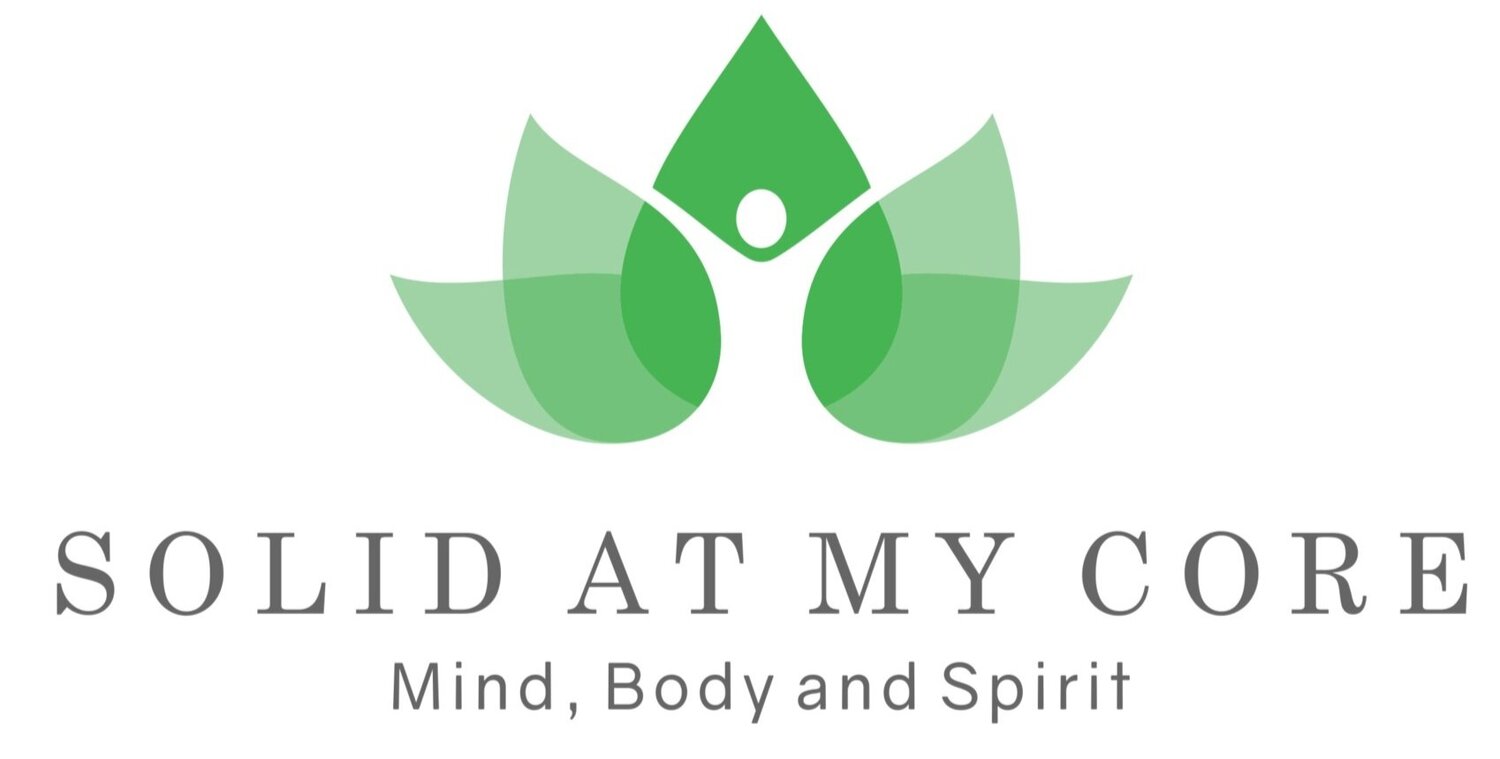A well-stocked kitchen is the foundation of a healthy diet. When you have access to nutritious ingredients, you're more likely to cook at home and make healthier choices. This benefits your physical health, saves you money, and gives you more control over what you're eating. A healthy kitchen is a proactive step towards achieving and maintaining your wellness goals.
Getting Started: Clean Out and Plan
Before stocking your kitchen with healthy groceries, clean out any unhealthy items. This includes highly processed foods, sugary snacks, and items high in unhealthy fats. Donate unopened, non-perishable items to a local food bank.
Once you've cleared out the old, you can focus on restocking with nutrient-dense foods. Planning is essential. Consider your dietary needs, preferences, and health goals. Whether you’re following a specific diet like vegan, gluten-free, or keto or just aiming for a balanced diet, having a plan helps ensure you stock up on the right foods.
Here are some staples for a Healthy Kitchen:
1) Fresh Produce
Fruits and vegetables are the cornerstone of a nutritious diet. Aim to fill half your plate with produce at every meal. Fresh produce is packed with essential vitamins, minerals, and antioxidants that support overall health.
Include a variety of colors and types, such as leafy greens (spinach, kale), cruciferous vegetables (broccoli, cauliflower), root vegetables (carrots, sweet potatoes), and other vegetables like bell peppers, zucchini, and tomatoes.
Stock up on fresh fruits like berries, apples, oranges, bananas, and grapes. Frozen fruits are also a great option for smoothies and baking.
2) Whole Grains
Whole grains are an excellent source of fiber, vitamins, and minerals. They help keep you full longer and support digestive health. Brown rice, quinoa, oats, barley, bulgur, farro, whole-grain bread, and pasta are all nutritious choices. Keep a variety on hand to add diversity to your meals.
3) Proteins
Protein is essential for building and repairing tissues and helps keep you satiated. Including a mix of plant-based and animal-based proteins can provide a balanced diet. Lean meats like chicken, turkey, and fish are great options. Eggs are also a versatile and nutritious protein source. Beans, lentils, chickpeas, tofu, tempeh, and edamame are excellent plant-based protein sources. Nuts and seeds like almonds, walnuts, chia seeds, and hemp seeds also provide healthy fats and protein.
4) Healthy Fats
Healthy fats are crucial for brain health, hormone production, and well-being. Incorporate a variety of sources into your diet. Avocados, olive oil, coconut oil, nuts, seeds, and fatty fish like salmon and mackerel. These fats are essential for absorbing fat-soluble vitamins and adding flavor to your meals.
Pantry Essentials
A well-stocked pantry ensures you have the ingredients needed to create healthy meals without frequent trips to the store.
Legumes: Canned or dried beans, lentils, and chickpeas are pantry staples. They are inexpensive, versatile, and nutritious.
Grains and Pasta: Whole grains like brown rice, quinoa, and whole-wheat pasta should be pantry staples. They form the base of many nutritious meals.
Nuts and Seeds: Keep a variety of nuts and seeds on hand for snacking, baking, and adding to salads or yogurt.
Oils and Vinegars: Olive oil, coconut oil, and avocado oil are great for cooking and dressing salads. Vinegars like apple cider, balsamic, and rice vinegar add flavor to dishes without extra calories.
Spices and Herbs: A diverse spice rack can transform simple ingredients into flavorful meals. Essentials include turmeric, cumin, paprika, garlic powder, cinnamon, and black pepper. Fresh herbs like basil, cilantro, and parsley can elevate your cooking.
Freezer Essentials
A well-stocked freezer helps you keep nutritious foods on hand for longer periods.
Frozen Vegetables and Fruits: These are great for smoothies, stir-fries, and soups. They are flash-frozen at peak ripeness, retaining their nutritional value.
Protein Sources: Keep frozen fish, chicken breasts, and plant-based proteins like veggie burgers and tofu for quick and healthy meals.
Pre-cooked Meals: Prepare large batches of soups, stews, and casseroles and freeze portions for easy reheating on busy days.
Stocking a healthy kitchen is a foundational step towards a healthier lifestyle. By filling your kitchen with nutritious groceries, you make it easier to prepare and enjoy balanced meals. You can enjoy delicious, healthy meals every day with the right ingredients and a little planning.
Looking for more tips on creating healthier habits? Browse my LEARN WITH ME section…and check out the FREE Creating Healthy Habits email series.



